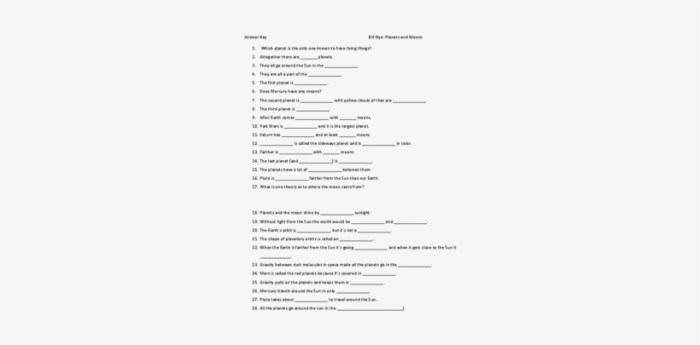Embark on a scientific journey with the student exploration phase changes answer key, a pivotal resource that empowers educators to foster a deeper understanding of phase transitions in their students. This guide provides a comprehensive overview of methods, learning outcomes, assessment strategies, and resources to enhance student exploration of phase changes.
Phase changes, encompassing melting, freezing, vaporization, condensation, and sublimation, are fundamental concepts in chemistry and physics. By actively engaging students in hands-on activities, simulations, and everyday demonstrations, educators can make these abstract concepts tangible and relatable.
Student Exploration of Phase Changes
Introduction
Exploration phase changes involves students actively engaging in hands-on activities, simulations, and experiments to investigate the transformations of matter between solid, liquid, and gas states.
Student exploration plays a crucial role in understanding phase changes because it allows learners to:
- Experience the phenomena firsthand
- Develop conceptual understanding through observation and experimentation
- Enhance their critical thinking and problem-solving skills
Methods for Student Exploration, Student exploration phase changes answer key
Hands-on Activities
- Melting ice cubes
- Boiling water
- Condensing steam
Simulations and Virtual Labs
- Interactive simulations of phase changes
- Virtual experiments that allow students to manipulate variables
Everyday Materials
- Ice packs
- Foggy windows
- Condensation on cold drinks
Student Learning Outcomes
Learning Objectives
- Define and identify phase changes
- Explain the molecular behavior during phase changes
- Apply phase change concepts to real-world applications
Enhanced Understanding
Exploration allows students to:
- Visualize and comprehend the processes of melting, freezing, boiling, and condensation
- Relate phase changes to changes in temperature and energy
- Make connections between phase changes and their practical applications
Critical Thinking Skills
Exploration encourages students to:
- Formulate hypotheses and design experiments
- Analyze data and draw conclusions
- Evaluate the validity of their findings
Assessment and Evaluation
Formative Assessment Techniques
- Observation of student participation and engagement
- Lab reports and experiment write-ups
- Concept mapping and brainstorming
Feedback
Providing timely and constructive feedback to students is essential for their progress. Feedback should:
- Highlight strengths and areas for improvement
- Offer suggestions for further exploration and research
- Guide students towards a deeper understanding of phase changes
Informing Instruction
Student exploration can provide valuable insights into their understanding of phase changes. This information can be used to:
- Adjust lesson plans and activities
- Identify common misconceptions
- Tailor instruction to meet the needs of individual students
Resources for Student Exploration
Websites
- Interactive Simulations: PhET Simulations
- Virtual Labs: Education.com Virtual Labs
Lesson Plans and Activities
- Melting and Freezing: Science Buddies
- Phase Changes: TeachEngineering
Incorporating into the Curriculum
Student exploration of phase changes can be integrated into the science curriculum through:
- Laboratory investigations
- Interactive demonstrations
- Hands-on projects and experiments
Expert Answers: Student Exploration Phase Changes Answer Key
What are the key learning objectives for student exploration of phase changes?
The learning objectives include understanding the concept of phase changes, identifying different types of phase changes, and recognizing the factors that influence phase transitions.
How can student exploration enhance understanding of phase change concepts?
Exploration activities provide students with hands-on experiences that allow them to observe and manipulate phase changes firsthand, fostering a deeper comprehension of the underlying principles.
What are some effective assessment techniques for student exploration of phase changes?
Formative assessment techniques include observations, discussions, quizzes, and lab reports, which provide educators with ongoing feedback on student understanding and areas for improvement.

